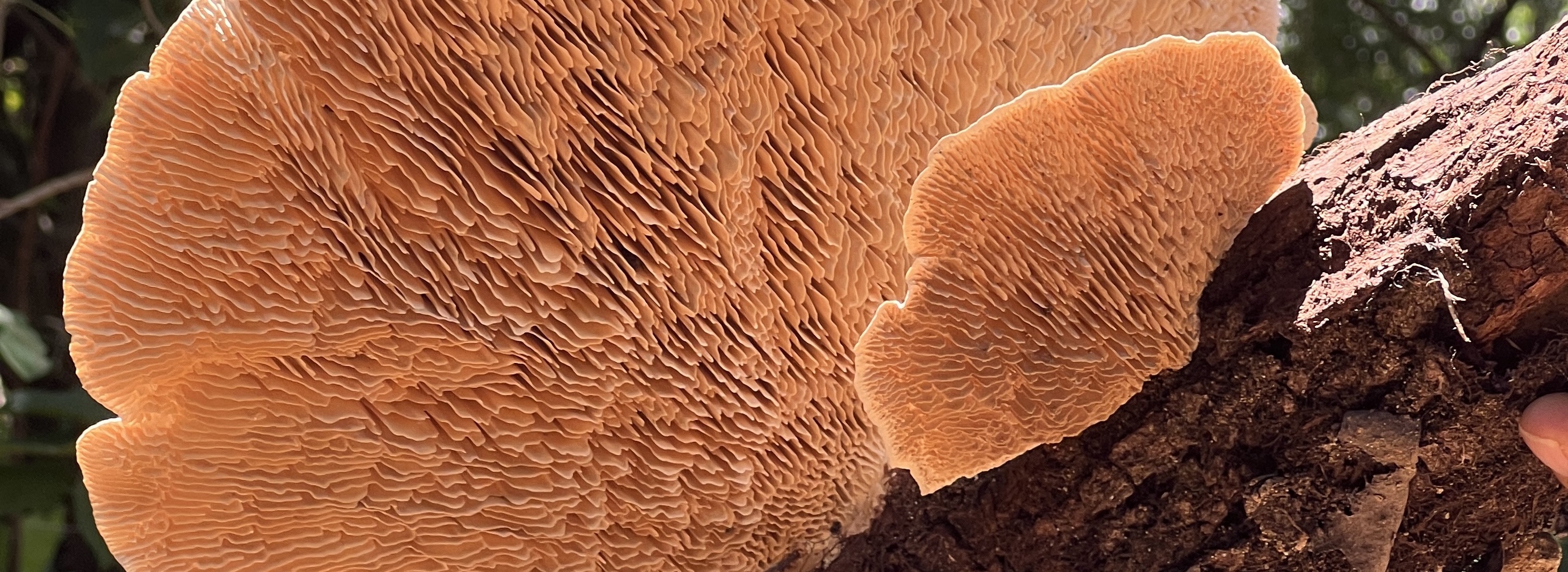
Monteverde Institute: Tropical Ecology and Conservation
Alternative Title
Efecto de borde en la riqueza de polillas, su abundancia y la potencial actividad de polinización en un bosque nuboso de Monteverde
Files
Download Full Text (468 KB)
Publication Date
December 2016
Abstract
Habitat loss and fragmentation are major threats to biodiversity, especially in tropical forests which house most of the world’s species. Edge effects are important considerations when investigating the impact of forest fragmentation on biodiversity, as they can lead to large, and often detrimental shifts in population, community, and ecosystem stability. The taxa-specific effects of forest edges are complex, highly variable, and poorly understood. In this study, I investigated the edge effect on moth richness, abundance, and potential pollination activity in a fragmented tropical cloud forest in Monteverde, Costa Rica by sampling moths with light traps at two different locations: in the forest interior, and at the forest edge. My results suggest that there is a negative edge effect on moth richness, abundance, and potential pollination activity probably caused by wind. By shedding light on the possible edge effects on this extremely diverse and ecologically important taxon, this study provides valuable preliminary insights to ecologists and conservationists working to slow the loss of biodiversity in tropical forests.
Resumen
La pérdida de hábitat y la fragmentación son las principales amenazas para la biodiversidad, especialmente en los bosques tropicales que albergan a la mayoría de las especies del mundo. El efecto de borde debe ser tomado como una importante consideración al investigar el impacto de la fragmentación de los bosques en la biodiversidad, ya que pueden dar lugar a grandes cambios a menudo perjudiciales en las poblaciones, las comunidades y la estabilidad de los ecosistemas. Los efectos específicos de los bordes de los bosques son complejos, altamente variables y poco comprendidos. En este estudio, investigué el efecto de borde en la riqueza de polillas, su abundancia y potenciales actividades de polinización en un bosque tropical fragmentado en Monteverde, Costa Rica, muestreando las polillas con trampas de luz en dos lugares diferentes: en el interior del bosque y en el borde del bosque. Mis resultados sugieren que hay un efecto negativo de borde en la riqueza de polillas, la abundancia, y la actividad potencial de polinización probablemente causada por el viento. Al hacer hincapié en los posibles efectos de borde en este taxón extremadamente diverso y ecológicamente importante, este estudio proporciona valiosas conclusiones preliminares a los ecologistas y conservacionistas que trabajan para frenar la pérdida de biodiversidad en los bosques tropicales.
Keywords
Moths, Habitat fragmentation, Forest biodiversity, EAP Fall 2016
Palabras claves
Polillas, Fragmentación del hábitat, Biodiversidad forestal, EAP Otoño 2016
Extent
12 pages
Geographic Location
Monteverde (Puntarenas, Costa Rica)
Holding Location
Monteverde Institute
Language
English; Spanish
Media Type
Articles
Format
Digital Only
Identifier
M39-00594
Type
Book
Recommended Citation
Cosma, Christopher, "Edge effect on moth richness, abundance, and potential pollination activity in a Costa Rican cloud forest, December 2016" (2016). Monteverde Institute: Tropical Ecology and Conservation. 184.
https://digitalcommons.usf.edu/tropical_ecology/184


